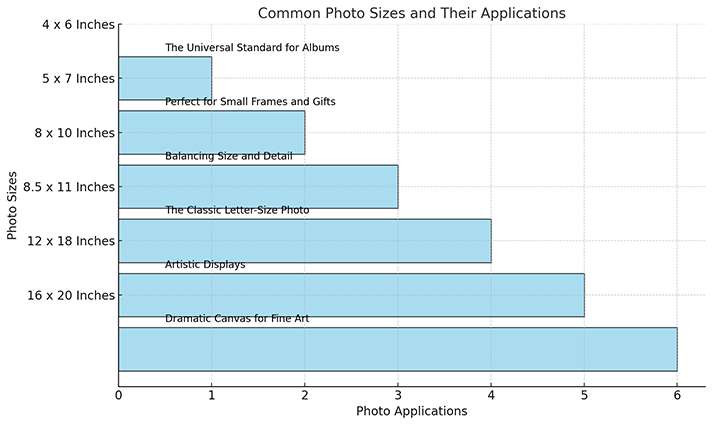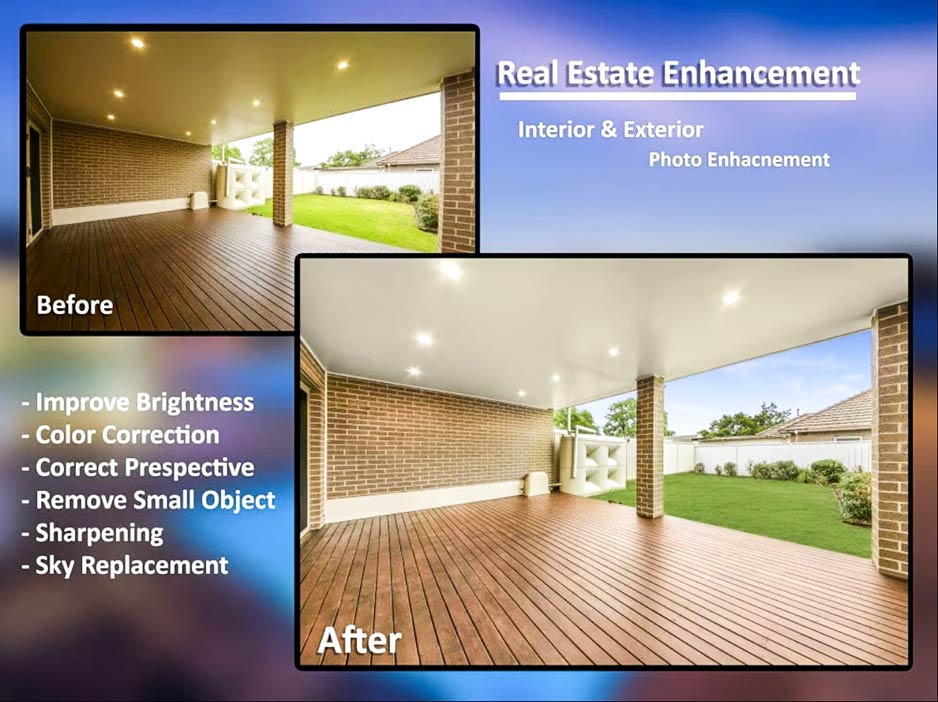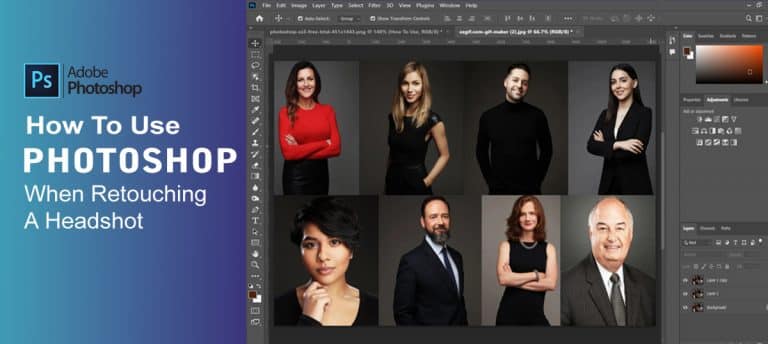![The Complete Guide to Standard Photo Sizes and Dimensions [Print & Frame Tips] The Complete Guide to Standard Photo Sizes and Dimensions [Print & Frame Tips]](https://photofixteam.com/wp-content/uploads/2025/01/The-Complete-Guide-to-Standard-Photo-Sizes-and-Dimensions-Print-Frame-Tips.jpg)
Photography, an art as old as the invention of the camera, thrives on precision and presentation. At the core of every perfect photograph lies not just its composition but also its dimensions. Choosing the correct photo size can transform an image from a casual snapshot into a framed masterpiece or a professional-grade print. This guide delves into the nuances of photo sizes, helping you make informed decisions for printing, framing, and digital use.
Why Understanding Photo Sizes Matters for Printing and Framing
The importance of photo sizes transcends mere aesthetics. A well-chosen photo size ensures compatibility with frames, prevents cropping of essential elements, and maintains the image’s visual integrity. Moreover, understanding dimensions minimizes wastage, whether in terms of printing resources or wall space. The right size harmonizes your photo with its intended display medium, making it a seamless addition to any setting.
The Evolution of Standard Photo Sizes in Photography
In the early days of photography, photo sizes were dictated by the limitations of equipment and materials. Glass plates and film negatives defined early standards, while the advent of digital photography introduced a world of customizable dimensions. Over time, industry standards emerged, streamlining sizes for printing and framing. Today, these dimensions cater to both traditional and modern aesthetics, offering a blend of convenience and creativity.
What Are Standard Photo Sizes?
A Brief Overview of Common Photo Dimensions
Standard photo sizes, such as 4 x 6 inches and 8 x 10 inches, are universally recognized dimensions that cater to most printing and framing needs. These sizes align with the aspect ratios of modern cameras, ensuring minimal cropping and high-quality prints. They’re designed to suit a variety of purposes, from photo albums to wall art.
How Standard Sizes Vary Across Regions
Though standard sizes like 4 x 6 inches are globally popular, regional preferences can differ. For instance, Europe leans towards metric dimensions like 10 x 15 centimeters, while North America often uses inches. Understanding these variations is essential, especially when printing photos internationally or working with global clients.

Standard Photo Sizes for Printing
Popular Print Dimensions and Their Uses
Print dimensions such as 5 x 7 and 8.5 x 11 inches serve distinct purposes. The former is ideal for gifts and personal displays, while the latter is suited for professional portfolios and larger presentations. Larger formats, like 16 x 20 inches, are perfect for posters and statement pieces.
The Difference Between Print Size and Image Resolution
Print size refers to the physical dimensions of a photograph, while resolution determines its clarity. High-resolution images (measured in DPI or dots per inch) ensure sharp prints, especially for larger dimensions. Balancing these two factors is crucial for professional-grade results.
Tips for Choosing the Right Size for Your Photos
When selecting a size, consider the photo’s purpose, the viewing distance, and the frame’s dimensions. A close-up portrait may shine at 8 x 10 inches, while a sprawling landscape might demand a panoramic format. Always preview the image to ensure no crucial details are cropped.
Frame-Friendly Photo Sizes
Why Standard Sizes Align with Popular Frame Dimensions
Standard photo sizes are designed to fit widely available frames, reducing the hassle of custom framing. This alignment simplifies the display process, making it easier for photographers and hobbyists to present their work.
Creative Ideas for Framing Uncommon Photo Sizes
For unconventional dimensions, consider float mounting or collage frames. These techniques add depth and visual interest, transforming atypical sizes into unique focal points.
Aspect Ratios: What You Need to Know
How Aspect Ratios Affect Photo Sizes
Aspect ratios—the proportional relationship between width and height—determine how an image translates to print. Common ratios include 3:2 and 4:3, each suited for specific sizes and uses.
Matching Aspect Ratios to Print and Frame Sizes
Choosing the right aspect ratio ensures that your photo fits seamlessly within the chosen frame. For example, a 3:2 ratio aligns perfectly with 4 x 6 inches, while 4:3 suits 8 x 10 inches.
Adjusting Photos to Fit Desired Ratios
When resizing, use cropping tools to maintain compositional balance. Software like Photoshop or Lightroom can help adjust aspect ratios without distorting the image.
Common Photo Sizes and Their Applications
4 x 6 Inches: The Universal Standard for Albums
A staple for photo albums, this size offers a perfect balance of portability and clarity, making it ideal for everyday memories.
5 x 7 Inches: Perfect for Small Frames and Gifts
This slightly larger size highlights details, making it a favorite for gifting and display.
8 x 10 Inches: Balancing Size and Detail
Popular for portraits, this size provides ample space to capture intricate details without overwhelming the viewer.
8.5 x 11 Inches: The Classic Letter-Size Photo
Often used in portfolios and presentations, this size bridges the gap between standard prints and professional documents.
Larger Sizes: 12 x 18, 16 x 20, and Beyond
These dimensions cater to artistic displays, offering a dramatic canvas for landscapes and fine art photography.
Specialty Photo Sizes
Square Photos: 8 x 8, 12 x 12, and Instagram-Inspired Sizes
Square dimensions evoke a sense of symmetry, making them ideal for modern, minimalist aesthetics.
Panoramic Dimensions for Stunning Landscapes
Panoramic sizes, like 12 x 36 inches, capture sprawling vistas, adding grandeur to landscape photography.
Oversized Prints for Posters and Wall Art
Larger formats demand attention, serving as statement pieces in homes and galleries.
Understanding Photo Resolution and DPI
Why Resolution Is Key for Quality Prints
High resolution ensures that your photos remain sharp and vibrant, regardless of size.
How DPI Affects Photo Print Clarity
A higher DPI translates to finer detail, crucial for large prints viewed up close.
Tools and Tips for Checking and Adjusting Resolution
Use tools like Photoshop to verify resolution, and aim for at least 300 DPI for professional prints.
Cropping and Resizing Photos
Best Practices for Maintaining Quality While Resizing
Always resize proportionally to avoid distortion. Use lossless formats like PNG to preserve quality.
Cropping Tips to Fit Standard Print and Frame Sizes
Focus on the subject’s placement, ensuring key elements remain within the frame.
Tools to Use for Hassle-Free Resizing
Apps like Canva and Lightroom offer intuitive resizing options for beginners and professionals alike.
Customizing Photo Sizes
When and Why to Use Custom Dimensions
Custom sizes suit unique projects, such as bespoke frames or unconventional layouts.
Tools for Creating Custom Photo Prints
Platforms like Snapfish and Shutterfly allow for easy customization, catering to diverse needs.
Choosing the Right Paper for Photo Prints
Glossy vs. Matte: Which Is Better for Your Photo Size?
Glossy finishes enhance vibrancy, while matte reduces glare, ideal for large displays.
Specialty Papers for Large or High-Quality Prints
Consider archival-grade paper for longevity and premium finishes for added texture.
DIY Printing vs. Professional Printing Services
The Pros and Cons of Printing at Home
While cost-effective, home printing requires meticulous calibration for optimal results.
How to Choose the Right Printing Service
Evaluate services based on quality, turnaround time, and customization options.
Photo Size Considerations for Digital Use
Optimizing Photo Sizes for Social Media Platforms
Resize images to meet platform-specific requirements, ensuring clarity and engagement.
Standard Dimensions for Digital Displays
Use dimensions like 1920 x 1080 pixels for high-definition screens, maintaining visual appeal.
Creative Ways to Display Standard-Sized Photos
DIY Framing Ideas for Home Décor
Repurpose old frames or use washi tape for a budget-friendly, personalized touch.
Creating Collages with Standard Photo Sizes
Combine multiple standard sizes to craft visually engaging collages.
Budget-Friendly Tips for Printing and Framing
Saving Money on Frames and Custom Prints
Opt for bulk printing and ready-made frames to cut costs without compromising quality.
Choosing Cost-Effective Print Services
Compare online providers for competitive pricing and discounts.
Common Mistakes to Avoid
Overlooking Aspect Ratios When Cropping
Neglecting ratios can lead to unexpected cropping and composition issues.
Choosing the Wrong Size for Your Intended Use
Always preview the final product to ensure it aligns with your vision.
Conclusion
Choosing the perfect photo size involves understanding dimensions, resolution, and framing options to create stunning prints and displays. Whether you’re working with standard sizes or exploring custom dimensions, the process offers endless opportunities to showcase your creativity. With insights from this guide and expert services like Photo Fix Team, you’ll have the tools and knowledge to bring your vision to life and elevate your photography projects.
Amazon Apparel Image Mistakes That Secretly Kill Sales (2026 Fix Guide)
Categories Introduction If your clothing products are not converting on Amazon, there’s a high chance…
How We Helped an E-commerce Brand Increase Sales by 35% with Professional Retouching
When it comes to e-commerce, first impressions are crucial. A shopper’s decision to click “Add…
How to Use Ghost Mannequin Photography to Showcase Your Apparel Products
Empowering Success TogetherHow to Use Ghost Mannequin Photography to Showcase Your Apparel ProductsWe provide comprehensive…
Spring Fashion 2025: The Hottest Colors to Wear
Empowering Success TogetherSpring Fashion 2025: The Hottest Colors to WearWe provide comprehensive solutions and support…
Real Estate Photo Remote Editing: The Ultimate Guide to Enhancing Property Images
Empowering Success TogetherReal Estate Photo Remote Editing: The Ultimate Guide to Enhancing Property ImagesWe provide…
DIY vs Professional Ecommerce Photo Editing: Which is Right for You?
Empowering Success TogetherDIY vs. Professional Ecommerce Photo Editing: Which is Right for You?We provide comprehensive…
LET’S COLLABORATE TO ENHANCE YOUR PHOTO
OUR ECOMMERCE PHOTO EDITING SERVICES READY FOR YOU!
Get the Awesome Quote!
One of the most important things is to pick the best professional ecommerce photo editing services company.
Quick Peek at Our Quality!
Every issue that arises will be explained in detail. It’s time to start planning your adventures with our ecommerce photo editing service.


















